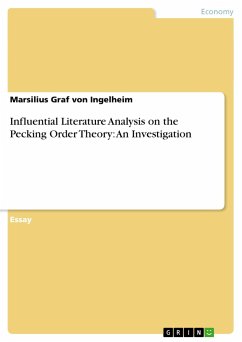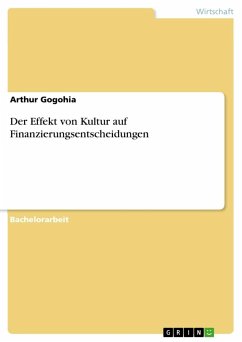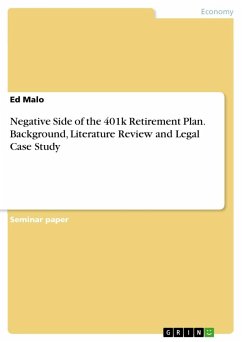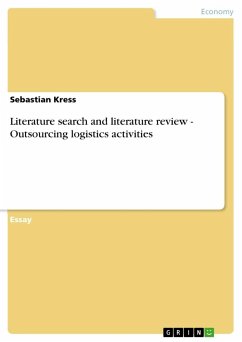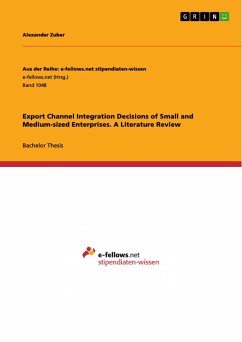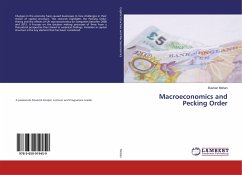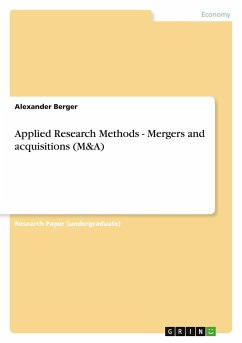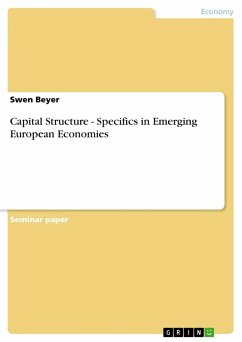Essay from the year 2010 in the subject Business economics - Investment and Finance, grade: 15, University of St Andrews (School of Management), language: English, abstract: -The Investigation of the Influential Literature Analysis on The Pecking Order Theory researches the categorisation provided in the first assignment of this course. The focus is on explaining how authors of influential articles contributed to the evolution of this research approach.-Based on the categorisation the papers are evaluated by highlighting their core research approach and result. In a next step this paper tries to link the approaches to present and overall picture of the underlying research area. The author introduces several hypotheses that are tested with help of empirical findings in different papers.-The Pecking Order Theory is a theoretical concept used in finance research and business related articles. This paper shows that the theory cannot be rejected but is not fully supported. The finance decision of a company are complex and linked with its own history a single concept has not the explanatory power to give a reliable answer.-Academic articles mainly focus on theoretical concepts. These concepts are not able to reflect the real business world. By trying to get an insight into business, the authors limit themselves by choosing data sets for special areas, companies and period of times only.-Future research approach need to link the dynamic financial decisions of a company with a more flexible approach towards explaining the capital structure of a firm. Dynamic models are the key to get a reliable insight into managerial behaviour.-This paper gives a good understanding of how The Pecking Order Theory evolved over time and why academics are still discussing this topic on a broad basis. By linking it to business related articles and hypotheses that are tested, the results delivered here are not biased in one direction.

